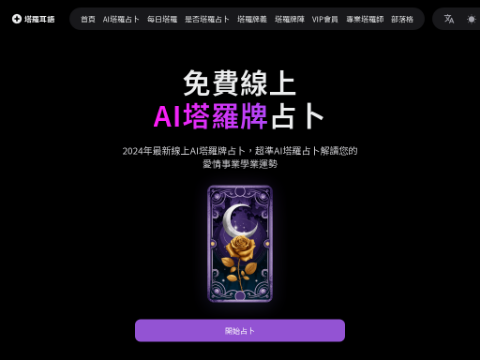In another monumental advancement in medical technology, a Boston-based research team has harnessed artificial intelligence to offer unprecedented hope to patients with ALS. They have successfully developed an innovative method that transforms the brain's electrical activity of these patients into speech, aiding them in reestablishing communication with the world.
This exhilarating breakthrough stems from the Massachusetts General Hospital's "BrainGate 2" clinical trial, led by renowned neuroscientist Dr. Leigh Hochberg. During the trial, researchers implanted tiny electronic devices into the brain of patient Casey Harrell. These devices are only slightly larger than a common M&M candy but hold the potential to transform lives.
"Being unable to communicate for an extended period brought me immense pain and despair, making me feel isolated," Casey expressed emotionally in an interview. "But now, this technology has given me new hope."
Dr. Hochberg explained, "We precisely place these devices in critical regions of the brain to capture the electrical signals generated when patients attempt to speak. Utilizing advanced algorithms, these signals are swiftly converted into text and further synthesized into speech using artificial intelligence, replicating the patient's pre-disease voice."
The success of the on-site trial left all participants profoundly moved. When Casey's thoughts were translated into his familiar voice through the computer, not only were he and his family elated, but the research team was also deeply touched. "At that moment, the entire laboratory stood still, and everyone was awestruck by this miraculous instant," recalled Dr. Hochberg.
This groundbreaking achievement not only opens the door for ALS patients to regain their language abilities but also paves the way for future research aimed at restoring other motor functions. Dr. Hochberg looked ahead, stating, "We believe that with continuous technological advancements, we have the capacity to help more patients who have lost function due to disease to stand and speak again."
For Casey and countless other ALS patients, this technology is undoubtedly a beacon of light in the darkness. "I hope this technology becomes widely available soon, so that everyone like me has the opportunity to regain the right to communicate freely," Casey eagerly expressed.
This medical breakthrough in Boston once again demonstrates the immense potential of technological innovation in enhancing human quality of life and sets a new milestone for the global medical community.








